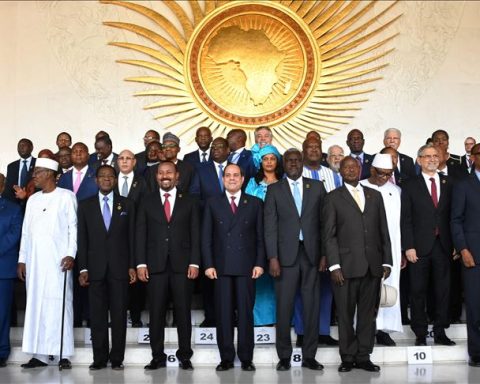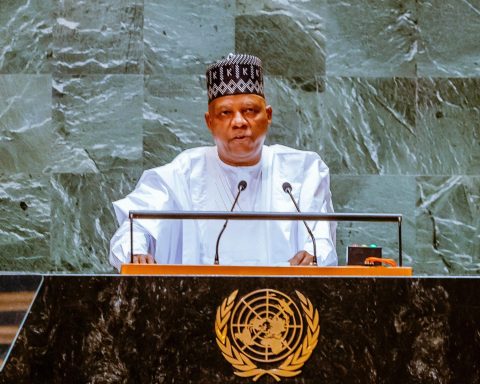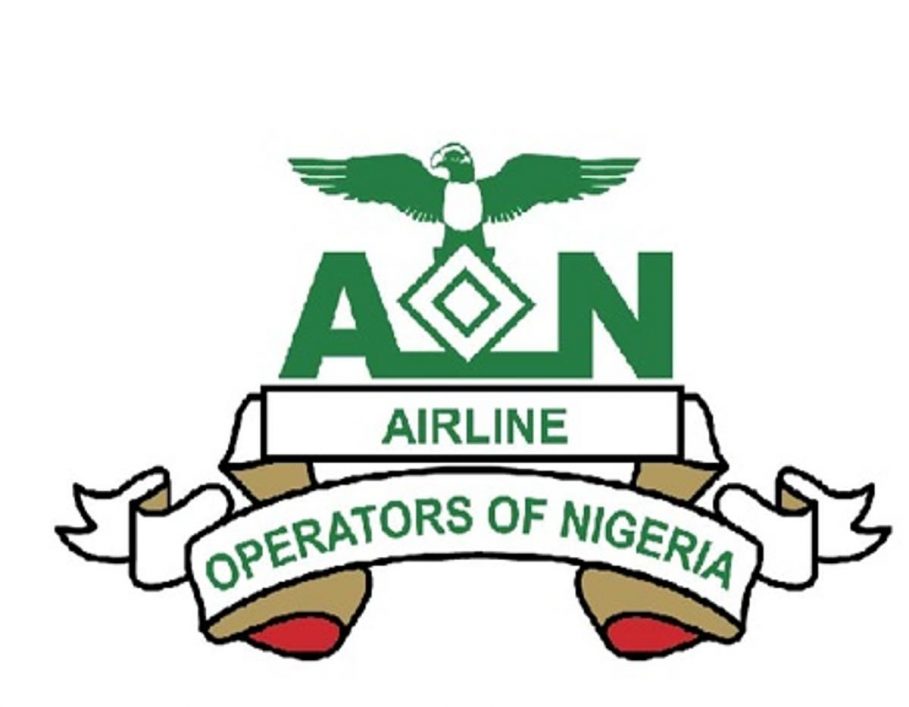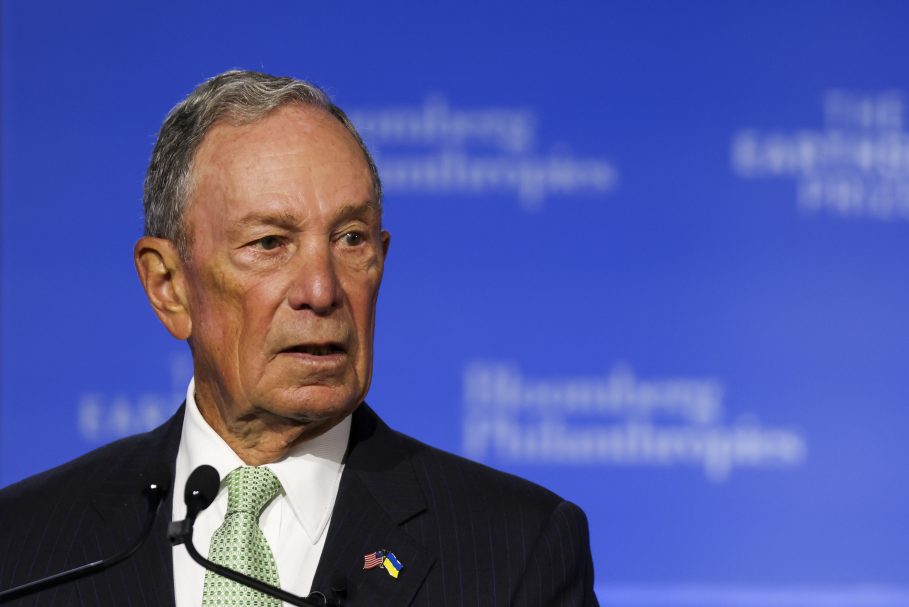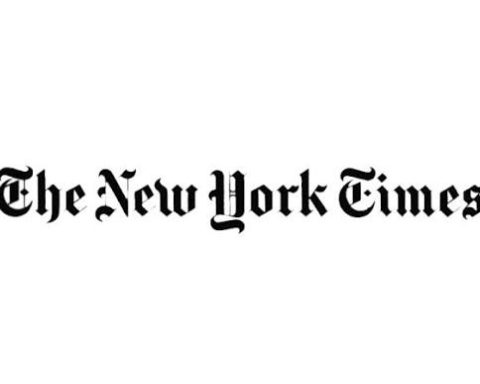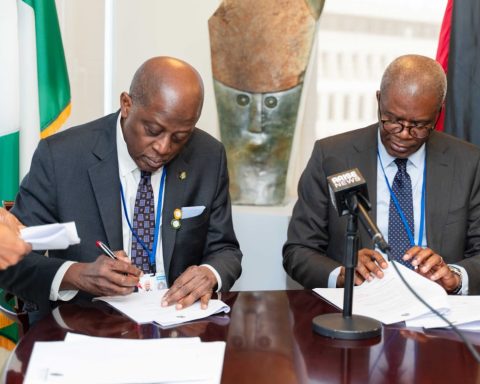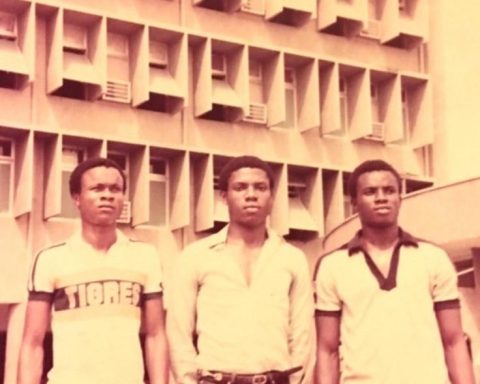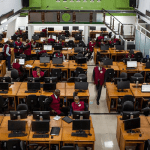By Muhammad Mustapha Gambo, PhD
Africa’s debt stocks have grown significantly in the past decade. Understandably, African governments took advantage of historically low interest rates in the 2010s and borrowed heavily from international capital markets and China.
However, debt has recently become a lot more expensive. Since 2020, the impacts of COVID-19 and the on-going Ukraine war, coupled with worsening climate conditions have resulted in African governments having credit-rating downgrades, which consequently led to rapidly increasing their borrowing costs and made tapping international debt markets prohibitively expensive.
Join our WhatsApp ChannelAccording to data by United Nations Conference on Trade and Development (UNCTAD), public debt in Africa reached USD 1.8 trillion in 2022. In 2024, African countries will pay $163 billion in external debt service, according to the African Development Bank.
One in five people globally live in countries that are in debt distress or at risk of it. Two-thirds of low-income countries – most of them in Africa – fall into this category, while eight of the nine countries currently in debt distress are on the continent, according to the United Nations Economic Commission for Africa (UN ECA) 2023.
Some of the factors that have contributed to the mounting debt crises in Africa are population explosion and rapid urbanisation, massive infrastructure needs, declining availability of official development assistance and concessional financing.
Need for reforms
Recently, there have been collective clamour by African ministers of Finance, Planning and Economic Development for decisive action to reform the global finance architecture in light of the mounting debts and to spur the investments needed for achieving sustainable development and climate goals around the world.
Pundits hold that the global financial system is structurally unfair to developing countries in general and more so to African countries in particular and that some crucial reforms are urgently needed to address the problem of Africa’s mounting debt stock.
READ ALSO: IMF Predicts ‘Overheated’ US Economy As Key Driver Of Global Growth, Urges Caution On Rate Cuts
According to the Italian Institute for International Political Studies (ISPI, 2020), offering African countries debt instruments with more favourable terms or cash, in exchange for existing debt, will not only provide immediate liquidity but also address debt sustainability concerns in the long term.
In the absence of better mechanisms for debt-distressed countries in Africa, more governments will struggle to service their obligations and limit their ability to invest in providing the necessary development needs of their countries. This is even more pertinent considering the need for enhanced effort in attending to the challenges of climate change in the region, through effective climate adaptation and mitigation measures.
Africa’s multilateral institutions
In the light of these challenges, there is the need for practical engagements anchored by African-led Development Finance Institutions (DFI’s) such as the African Development Bank, to reform the global financial architecture and ensuring a transition from multilateralism to a plurilateral system of the global financial system – one that is more nimble, more inclusive, more flexible and realistic in responding to the changing nature of challenges that African countries face today.
Aligned with these, there is also the critical role of sector specific DFI’s such as Shelter Afrique Development Bank and other relevant institutions that form part of the founding partners of the Alliance for African Multilateral Finance Institutions (AAMFI) – established under the auspices of the African Union, to support the implementation of Agenda-2063. Its formation underscores Africa’s commitment to self-reliance and sustainable economic development.
It’s believed that AAMFI , which is an alliance of African-owned and controlled African Multilateral Financial Institutions (AMFIs) whose membership also include African Trade and Investment Development Insurance (ATIDI), African Export – Import Bank, Trade and Development Bank Group, Africa Finance Corporation, African Reinsurance Corporation (Africa-Re), ZEP-RE (PTA Reinsurance Company), East African Development Bank (EADB), and the African Solidarity Fund (ASF) will address Africa’s development finance needs, advocate for Africa on global finance issues, develop innovative finance tools and support sustainable finance strategies.
AAMFI is in a pole position to lead the financial reforms on behalf of the continent. And as an adage goes, if you want to go fast, go alone. If you want to go far, go together.
Muhammad Mustapha Gambo is with the Policy, Research, Partnerships and Advisory Services Unit at Shelter Afrique Development Bank and 2023 Fellow at the Asia Global Institute.





